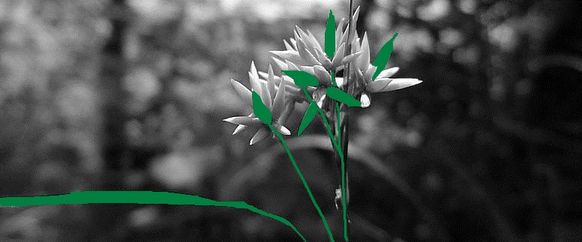

pagan /0ˈpeɪg(ə)n/ noun & adjective. LME.
[ORIGIN Latin paganus villager, rustic, civilian,
non-militant, opp to miles soldier, one of the army, in
Christian Latin heathen as opp. to Christian or Jewish, from pagus (rural) district, the country: see
-an. Cf. heathen.]
► A noun.
1 A person holding religious beliefs other than those of any of the main
religions of the world, spec. a non-Christian; (derog.) a
follower of a polytheistic or pantheistic religion. Also transf.,
a person holding views not consonant with a prevailing system of belief
etc. (now rare); a person considered as being of irreligious
or unrestrained character or behaviour. LME.
C. S. Lewis Christians and Pagans had much more in common with each other than either has with a post-Christian. Daughters of Sarah I am a practicing Pagan. I follow the old religion of Wicca.
†2 An illicit or clandestine lover; a prostitute. L16–M17.